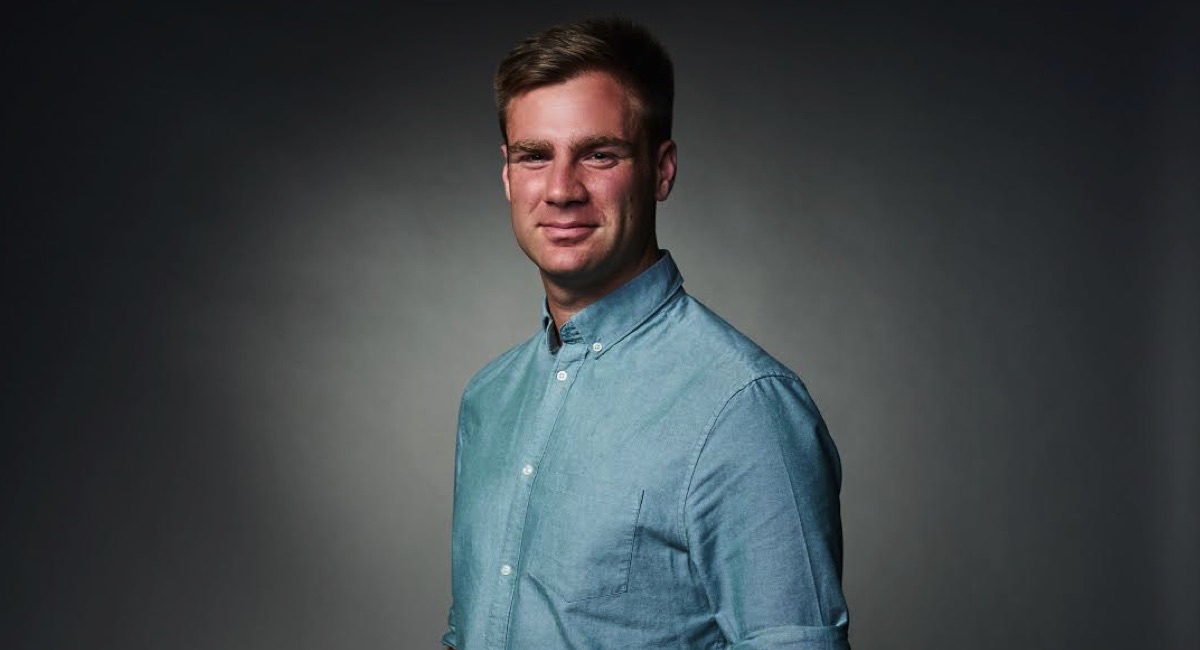
Ed Kindred arrived in New Zealand last May with a nuanced understanding of the local TV market. Plenty of Australian media folk jump across the ditch, but Kindred was better prepared than most.
The young Sydneysider is programming manager for Duke, a free-to-air channel that has a solid start in a slowed ad market. As Sydney-based BBC Worldwide programmer for New Zealand, he was drawn to the idea of having his own free-to-air channel and being able to commission content.
Duke has had a good start. One year after its March 20, 2016 launch Duke is distinguished as the only channel on Freeview with a majority male audience. Its audience is 64% male compared to the average 42%. When it started
Duke was positioned somewhere between male-skewed 7mate in Australia and the similar Dave channel in the UK.
Experience programming UKTV and BBC Knowledge helps him understand audience. He says he knew Kiwi viewers were subtly different from Australians including that it has an abiding affection for British content.
The Australian and Kiwi versions of BBC Knowledge had become distinct. That was partly due to licensing issues, but was also due to consumer taste. The scale of UK content had diminished since TVNZ pulled back from a huge output deal with the Beeb, but it is still a factor.
Duke is a work in progress and TVNZ, like all media companies, is making rapid changes.
Gradually, Kindred says, Duke has become less like 7mate and more like Dave with more British content.
“Essentially Australia is closer to the US and New Zealand is closer to Britain,” he says. Obviously there is a big focus on sport – a difficult proposition with Sky TV dominating sports rights including FTA, and with no anti- syphoning rules to ensure access to rugby. Duke shows live and delayed AFL, NBA and NFL games with a niche audience. But they are still shut out of the big four Kiwi codes – rugby union, rugby league, cricket and netball. Kindred says there are big plans for more local content, focused on more live sport and comedies, to run alongside acquisitions from Britain.
Meantime, Duke programming includes male focused imports like Duck Dynasty, South Park and Family Guy. Kindred agreed Duke has pushed the right button with its male skew, but it is not as blokey as depicted before launch day.
Female journalists and social media activists here pilloried the male focus, providing free publicity at least. “We almost regretted that we had taken that male channel thing to strongly,” said Kindred.
Kindred says that working at TVNZ is different than he expected. “It is different here not having a public broadcaster like the ABC,” he said. TVNZ is state-owned but with a wholly commercial focus in an unregulated market. Kindred sees TVNZ having some advantages over Aussie networks, such as an advanced on-demand service that could allow it to be a viable alternative to new competing over the top pay TV platforms.
“New Zealand has also been smart to not launch too many small channels, Australian networks risked that their multichannels could cannibalise audience,” he said.
